Teaching teams lead the way on diversity
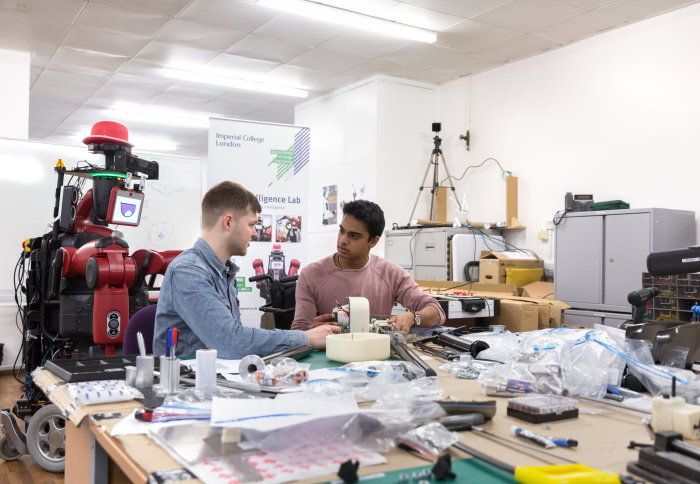
Students in the Dyson School and School of Public Health are benefiting from more diverse learning experience
Inclusive robotics teaching, empowering students with learning differences & diversifying reading lists were on the agenda at a recent showcase event.
The teaching teams presenting on 25 March were awarded funds last year to develop and encourage more inclusive learning and teaching at the College.
"By encouraging learners and teachers to look at the power structures that influence the way the world currently works, we personalise the learning experience for each student and allow them to consider the context in which they're studying." Karen Makuch
The Excellence Fund supports education initiatives that challenge students to fulfil their potential. Those receiving funds help to form a community of excellent and innovative teachers who play a key role in promoting good practice and helping the College to deliver a world-class educational experience for all of Imperial students.
Speaking at the event, Professor Simone Buitendijk, Vice-Provost for Education said: “So many of the diversity and inclusion topics tackled by our Excellence Fund teams have urgent relevance to research-led curriculum and to the world around us, such as human-robot interactions, global challenges, and how we embed accessibility into our teaching.
“By committing themselves to change, these inspiring colleagues are making significant strides forward in contributing to Imperial’s efforts to consider diversity and equality in everything we do, including our student experience and our research-led teaching.”
Robust & inclusive teaching for socially relevant problems
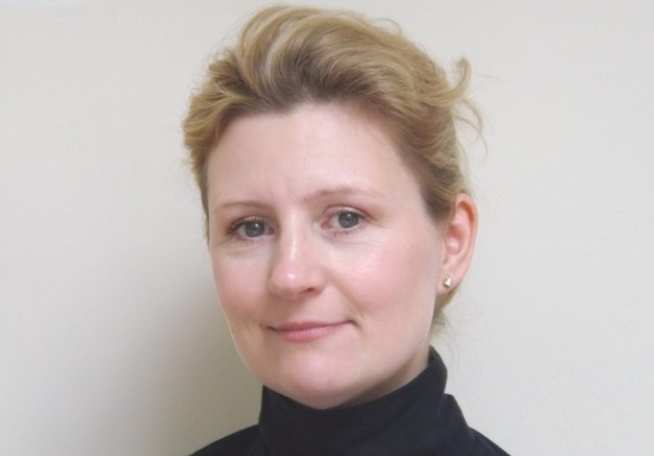
Project team: Dr Mike Tennant & Karen Makuch
Students are getting the chance to incorporate their individual voices, experiences and differences into learning materials and collaborative work thanks to a new initiative from the Centre for Environmental Policy (CEP).
The project is delivering small-scale pilot lectures and a useful inclusive teaching handbook that can be shared with Teaching Fellows and academics across the College. The CEP itself is making good progress on diversity, as its MSc Environmental Technology currently recruits students from 36 countries and has a 60/40 female/male gender mix.
Karen said: "We're aiming to prepare our students for global challenges and working in teams with global perspectives. By encouraging learners and teachers to look at the power structures that influence the way the world currently works, we personalise the learning experience for each student and allow them to consider the context in which they're studying."
IMPACTS: an inclusive module for professional and critical thinking skills

Project team: Dr Wayne Mitchell, Dr Sophie Rutschmann, Katie Stripe, Dr Jeffrey Vernon
Inspired by the daily practice of the scientific community, IMPACTS has been developed to strengthen Imperial students’ presentation and critical thinking skills by exposing them to tasks such as assessing what makes a research paper 'good' or 'bad'.
It's hoped it will be especially helpful for those students with specific educational needs who were born outside the UK, or those coming from non-research intensive undergraduate programmes.
Wayne said: "This toolkit is fully customisable by colleagues in other Departments. They can input their own case studies and papers and encourage students to 'follow the crumbs' to solve problems and work out the bias and errors in research papers."
Culture, gender, and robotics education
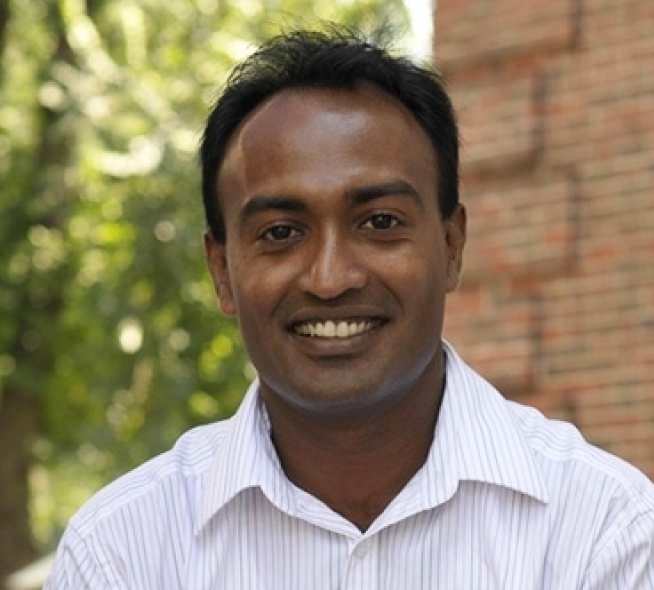
Project team: Dr Thrishantha Nanayakkara, Dr Petar Kormushev, Dr Nicolas Rojas, Dr Weston Baxter
This project allows final year MEng students taking a new module - Robotics 2 - to propose projects that address the gender and cultural diversity of users and designers.
The project not only promotes inclusivity and gender balance in robotics teaching, but also stimulates research to explore how culture and gender can be part of the diversity and relevance of robots among different user groups. The module will also aim to develop students’ skills so they can understand the needs of users from cultures and genders other than their own. For instance, students will consider case studies that explore the challenge of designing robots for the developing world and underrepresented people, assistive domestic robots, safety mechanisms in automobiles, and robots in healthcare.
Thrishantha said: "Robotics is seeing a rapid expansion from its traditional uses in factories. Now home and field robots are deployed in shared workspaces with humans.
“This new project-based module is the first of its kind to explore how design thinking and engineering analysis can be combined to empower a future generation of robot designers to realise the full potential of personal robot solutions.”
Inclusive teaching for students with specific learning differences
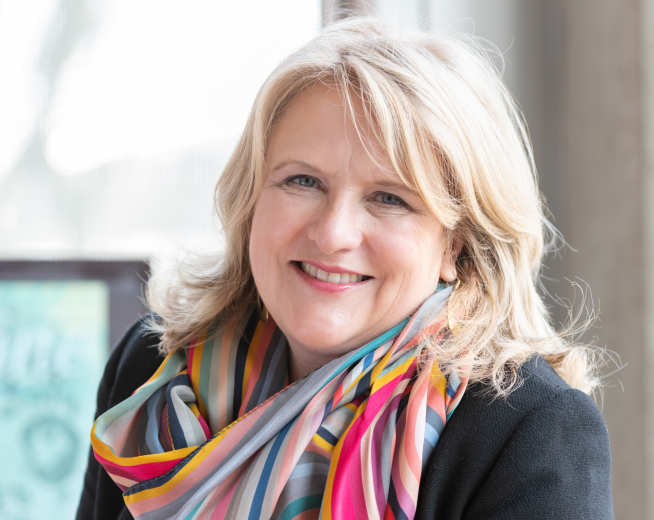
Project team: Professor Sara Rankin, Kate Ippolito, David Mooney
This project is empowering students to recognise the value of diversity and to use the most effective study strategies for their situation, while equipping teaching staff to develop inclusive and accessible curricula.The team are focusing on helping those with learning differences such as dyslexia and asperger’s.
Sara said: "There are pinch points in many courses. Take for example the experience of medical students in the 4th year of the MBBS BSc - many experience a dip in performance that can be largely attributed to a change in the way they are assessed. Often it transpires that they have a previously unidentified specific learning difference.
"Redesigning the BSc is a great opportunity. I am confident that this experienced team will generate a successful and impactful outcome.”
'Pride and Prejudice' in universities
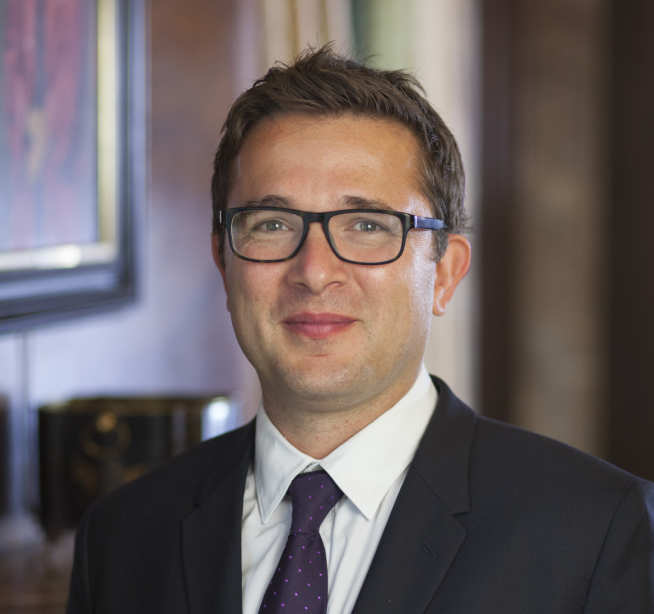
Project team: Dr Matthew Harris
It is a widely-held belief that researchers from institutions in low-income countries struggle to publish their research, and that the wider academic community pays little attention to it once it is published. Recent research by Dr Harris’ team demonstrated conclusively that, under tightly controlled conditions, English clinicians rated research from low-income countries worse compared to the same research presented as if from higher-income countries.
The project is conducting a root and branch review of the reading lists in Imperial’s Masters in Public Health course and is working with module leads and external speakers to ensure that diverse sources are included as much as possible in the curriculum.
Matthew said: "The Excellence Fund brings to the fore the importance of diversity in our teaching and our research. We all too often rely on scientific research from institutions in the so-call Global North, and research from partners in low and middle-income countries may be unfairly given shorter shrift. However global health requires global perspectives.
“This funding is shining a light on our own teaching and our own biases, hopefully leading to more a balanced and fair education for our students.”
Article text (excluding photos or graphics) © Imperial College London.
Photos and graphics subject to third party copyright used with permission or © Imperial College London.
Reporter
Murray MacKay
Communications Division